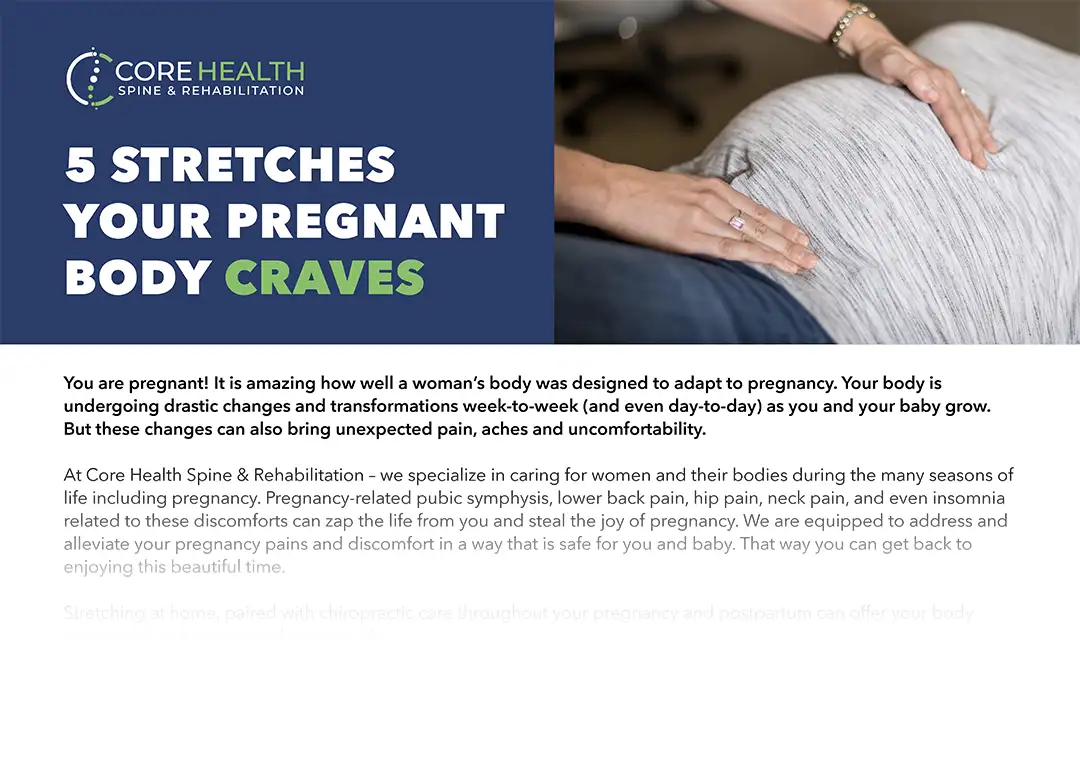Can Shoulder Pain Be Related to Stress or Anxiety?

Have you ever felt your shoulders tighten after a long, stressful day or during emotional overload? That nagging ache isn’t just in your head—many people experience shoulder pain that flares up in direct response to stress and anxiety, often without any physical injury at all.
But can shoulder pain be related to stress or anxiety? Understanding this connection may be key to the recovery process and lasting relief. Let’s explore the science behind this phenomenon and share practical, effective ways to ease the tension.
The Stress–Shoulder Pain Connection
Stress activates your body's natural stress response, releasing hormones like cortisol and adrenaline. These chemicals prompt muscles, especially in the shoulders, neck, and upper back, to tighten and stiffen, often without conscious awareness.

This prolonged tension can restrict circulation, inflame soft tissues, and contribute to chronic inflammation. It can compress nearby nerves and lead to stress-related pain. Anxiety heightens your body's sensitivity to discomfort, reinforcing a cycle where stress fuels physical symptoms.
Managing both your emotional well-being and physical health is key to breaking the cycle of stress-related shoulder pain.
Signs Your Shoulder Pain Is Stress-Related
Is your discomfort more than just poor posture? Shoulder pain caused by emotional strain often goes unnoticed until it becomes persistent. Here are some symptoms of stress-related shoulder pain.
- The pain begins or worsens during high-pressure events or emotionally intense days, indicating stress-related or chronic shoulder pain.
- You feel “knots” or tight bands of shoulder tension at the top of your shoulders or base of your neck, particularly in the shoulder muscles.
- The discomfort improves with relaxation techniques or mental breaks.
These clues can help you differentiate stress-induced pain from injuries, chronic pain, or underlying issues involving the shoulder muscles.
Simple Strategies to Ease Stress-Induced Shoulder Pain
Managing stress and its physical effects doesn't have to be complicated. If you have been wondering, “Can shoulder pain be related to stress or anxiety?” the answer often lies in how your body holds and processes tension. Here are some straightforward ways to find relief.

Chiropractic & Manual Therapy
Gentle spinal adjustments and manual therapy can help relieve tension from the body’s stress response. These treatments aim to restore normal joint function, improve mobility, and ease stress-related pain in the shoulders and neck, including anxiety pains.
Targeted Exercises & Stretching
Moderate exercise helps regulate the stress response, easing mental tension and muscle tightness. Try these simple movements to loosen your shoulders.
- Shoulder Rolls: Gently roll your shoulders forward and backward for 30 seconds each to release tension and increase mobility.
- Upper Trapezius Stretch: Gently tilt your head to one side, using your hand to gently pull and deepen the stretch, helping to release tension in the shoulder muscles.
- Wall Angels: Stand against a wall and move your arms up and down like a snow angel to activate shoulder muscles and relieve tightness.
Mind–Body Techniques
Relaxation methods such as deep breathing, guided imagery, and progressive muscle relaxation can calm your nervous system and reduce shoulder and neck tension from stress. Incorporating them into your daily routine can offer pain relief.
When to Seek Professional Care
While self-care strategies are helpful, persistent or severe symptoms should not be ignored. Seek guidance from a healthcare professional if you experience the following:
- Persistent neck and shoulder pain that lasts more than a few days
- Difficulty moving your arm or lifting objects
- Pain accompanied by numbness, tingling, or swelling
A comprehensive care plan combining chiropractic techniques, physical rehabilitation, and lifestyle adjustments can address both the physical and emotional components of stress-related shoulder issues.
Reduce Stress and Relieve Pain with Core Health Spine & Rehabilitation

So, can shoulder pain be related to stress or anxiety? Absolutely. Emotional strain often triggers shoulder tension and physical pain, especially when left unaddressed. A holistic approach through chiropractic care, stretching, and relaxation techniques can promote long-term relief.
If you're dealing with ongoing tension or pain, trust Core Health Spine & Rehabilitation. Our team is dedicated to reducing stress, releasing shoulder tension, and easing chronic pain with a personalized plan prioritizing your total well-being.



